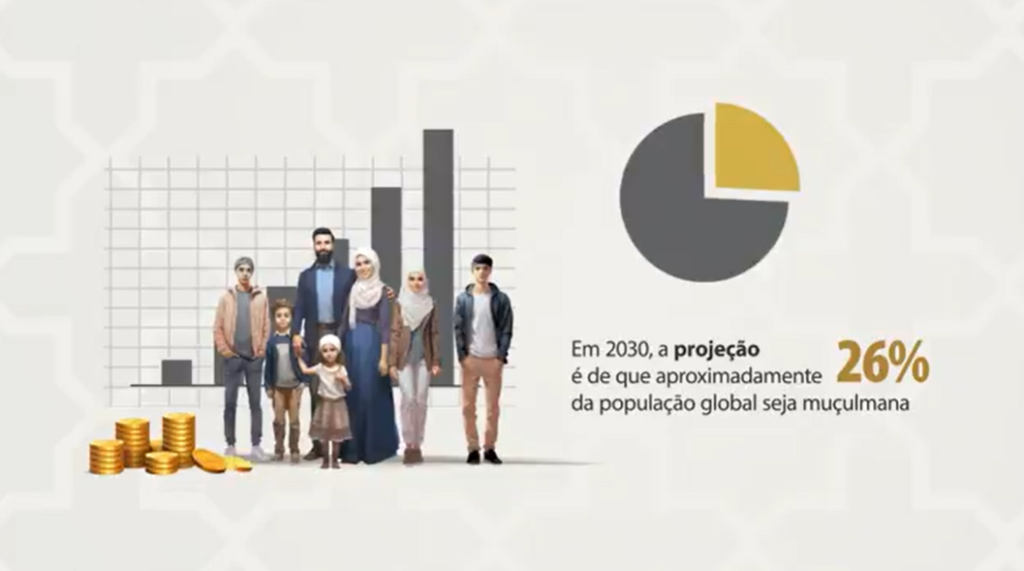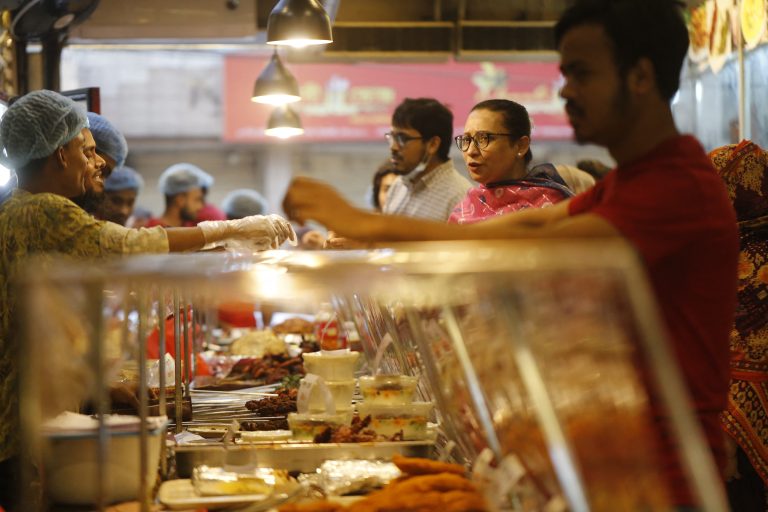São Paulo – The online course “Exploring the Halal Market” is available for any person or company interested in learning about halal standards and products. The training is divided into three modules and includes supplementary material.

The course is an initiative of the Halal do Brasil project, which is spearheaded by the Arab-Brazilian Chamber of Commerce (ABCC) and the Brazilian Trade and Investment Promotion Agency (ApexBrasil). The project aims to internationally promote halal food and beverages made in the Latin American giant, which, despite not being a majority Muslim nation itself, has expertise in manufacturing these products and is the world’s largest producer of meats fit for Muslim consumption. There are approximately 1.9 billion Muslims worldwide.
Halal production follows strict hygiene standards for the slaughter of cattle and poultry. It prohibits the slaughter and consumption of pork and its derivatives. Due to these regulations, products specifically for Muslims are regarded in some countries as superior in quality.
Course promotes knowledge on halal
“The course promotes knowledge about the positioning of these products, marketing, and value addition—content that is not readily available in Portuguese. For already-certified companies, it helps them position themselves in these markets, not just enter them. For non-certified companies, it’s a tool to enter the Muslim market correctly,” says Fernanda Dantas, internationalization project manager at the ABCC.
The training consists of classes that last between 15 to 20 minutes each. The three modules are “Foundations for Understanding Halal Culture,” “Halal Markets Around the World,” and “Halal Marketing.” All modules include exercises, totaling eight hours of classes.
The course also includes supplementary materials, such as an infographic about the halal market and five podcasts that discuss topics like Brazil’s presence in this market, the certification processes for a company to be eligible to sell to this consumer, and the production processes associated with environmental, social, and corporate governance (ESG) standards. At the end of the course, students receive a certificate.
One of the interviewees in the podcasts is Estevão Margotti de Carvalho, director of new business at the ABCC, who talks with host Luiza Silvestrini. In his segment, he highlights the challenges of operating in this market, the importance of certification, the growth of the Muslim population, and other sectors of the economy that can offer halal products and services, such as tourism and pharmaceuticals.
Information about the course is available here. Companies that are members of the ABCC, the project and partner associations get a discount.
Read more:
Halal project seeks clients at Malaysia trade fair
Arab chamber brings Brazilian halal to Azerbaijan
Halal project’s action engages Brazilian states
Translated by Guilherme Miranda




